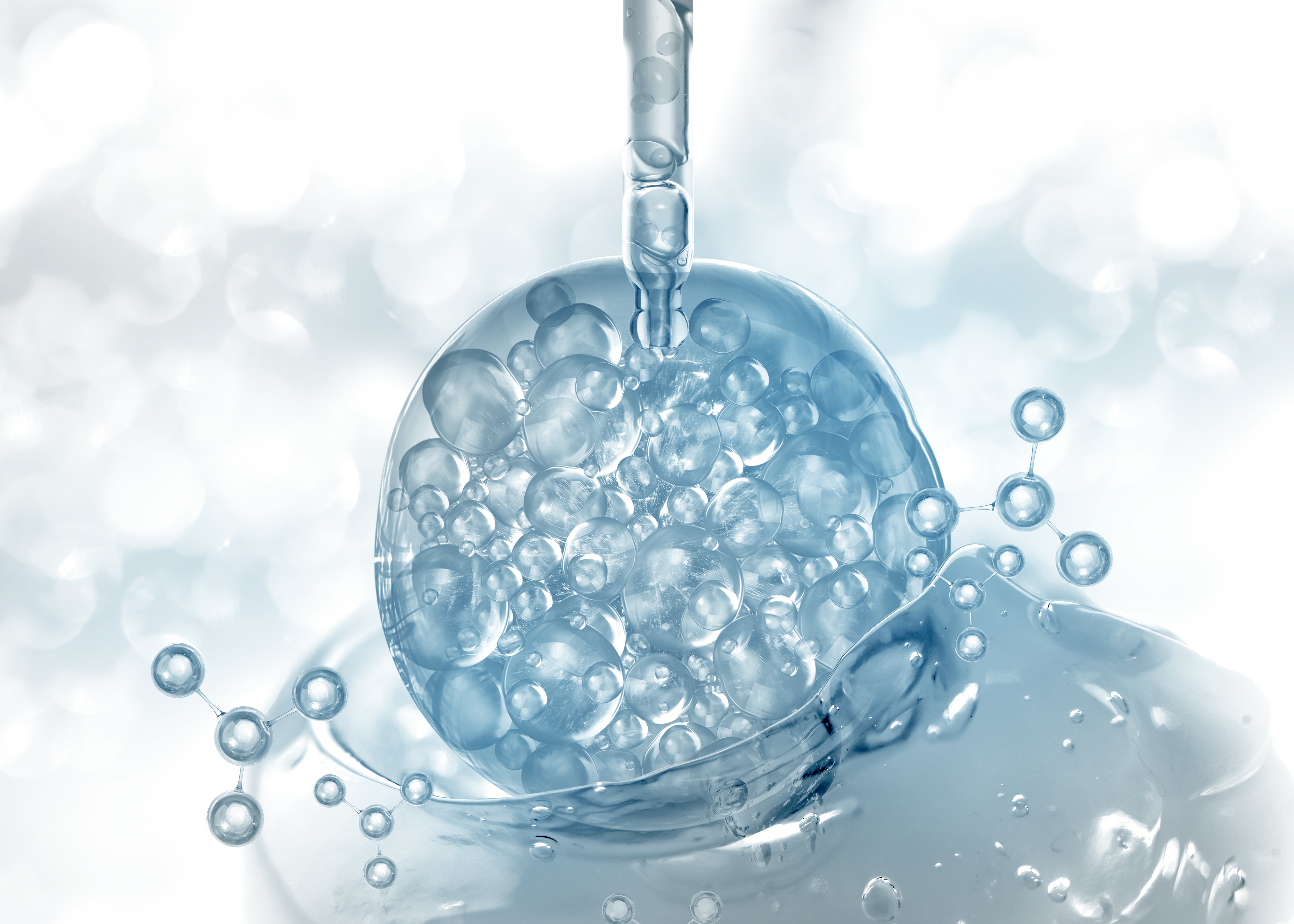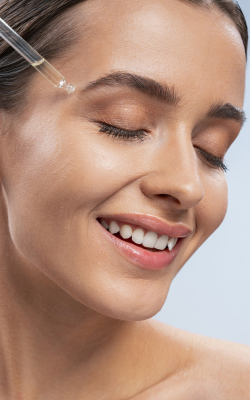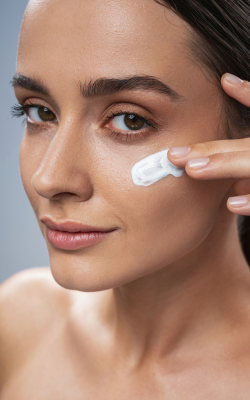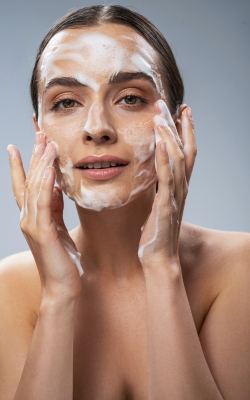
The Science Behind Hyaluronic Acid: Its Benefits for Skin
The Science Behind Hyaluronic Acid: Its Benefits for Skin
As we age, our skin loses its elasticity and suppleness, leading to the appearance of fine lines, wrinkles, and dryness. However, there's a naturally occurring substance that can help combat these signs of ageing - hyaluronic acid. This molecule has become a buzzword in the beauty industry and for a good reason. In this article, we'll explore the science behind hyaluronic acid and its benefits for the skin.
What is Hyaluronic Acid?
Hyaluronic acid is a sugar molecule that naturally occurs in our bodies. It's found in high concentrations in our skin, connective tissues, and eyes. Hyaluronic acid's primary function is to retain water and keep tissues lubricated and moist. It can hold up to 1000 times its weight in water, making it an excellent hydrating agent. In the skincare industry, hyaluronic acid is extracted from plant or animal sources and used in various products, including creams, serums, and injections.
How Does Hyaluronic Acid Benefit Skin?
Hyaluronic acid has numerous benefits for the skin, thanks to its hydrating and anti-aging properties. Here are some ways hyaluronic acid can benefit your skin:

Hydrating
As we age, our skin's ability to retain moisture reduces, leading to dryness and flakiness. Hyaluronic acid can help combat this by attracting and holding water in the skin, keeping it hydrated and plump. This hydration can help minimize the appearance of fine lines and wrinkles, giving you a more youthful look.

Anti-Ageing
Hyaluronic acid's ability to retain water also makes it a potent anti-aging ingredient. By keeping the skin hydrated, it can help plump up fine lines and wrinkles, making them less noticeable. Additionally, hyaluronic acid can help boost collagen production, which is essential for maintaining skin elasticity and firmness.

Soothing/Healing
Hyaluronic acid can also help soothe and heal irritated or damaged skin. It has anti-inflammatory properties that can help reduce redness and inflammation, making it an excellent ingredient for those with sensitive or acne-prone skin.
Frequently Asked Questions
1. Can Hyaluronic Acid Penetrate the Skin?
Yes, hyaluronic acid can penetrate the skin. However, the size of the molecule determines how deeply it can penetrate. In skincare products, hyaluronic acid molecules are usually small enough to penetrate the skin's outer layer and provide hydration.
2. What are the Signs of Ageing?
The signs of ageing include fine lines and wrinkles, loss of skin elasticity, dryness, sagging skin, uneven skin tone and texture, dark spots and hyperpigmentation.
3. Can Hyaluronic Acid Help with Dry Skin?
Yes, hyaluronic acid can help with dry skin. Its ability to hold water helps keep the skin hydrated, which can alleviate dryness and flakiness.
4. What Other Ingredients Should I Look for in Skincare Products?
Apart from hyaluronic acid, some other ingredients that can benefit your skin include: Vitamin C for brightening and evening out skin tone, Retinol for anti-ageing and reducing the appearance of fine lines and wrinkles, Glycolic acid for exfoliating and smoothing out skin texture, Niacinamide for reducing inflammation and improving skin barrier function
Conclusion
Hyaluronic acid is a powerful ingredient that can benefit your skin in numerous ways. Its ability to hydrate and plump up the skin can help reduce the appearance of fine lines and wrinkles, making you look more youthful. Additionally, its anti-inflammatory properties can help soothe and heal irritated skin. If you're looking for an effective skincare ingredient to combat signs of ageing and dryness, hyaluronic acid is an excellent choice.
















